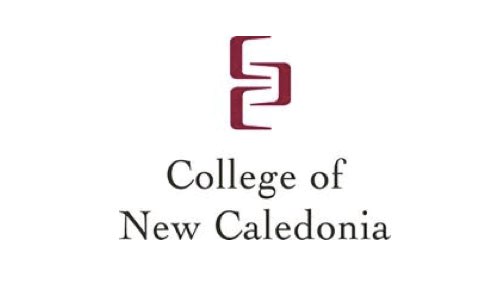NDP Advanced Education critic Kathy Corrigan isn't surprised to hear the College of New Caledonia is facing a choice to cut - or suspend - programs in order to balance its $2.8-million deficit.
"It's happening all over the province," said Corrigan, pointing to years of provincial funding freezes on post-secondary education.
"It's the only area of government where not only have they not kept up with inflation, they've actually cut funding to the system over the last few years," she said. "It's meant all across the province that colleges and universities are having to cut programs, cut staff, not maintain their buildings often appropriately.
"There just isn't enough money in the system."
CNC president Henry Reiser wouldn't say if he thinks the college's current allotment of $28.9 million in 2014- 15 is sufficient.
"I don't want to answer that question," Reiser said. "The funding envelopes are what they are. We are mandated to work within those funding envelopes."
On March 27, the board will vote on the college's recommendation to suspend two dental programs and close its day care in order to balance its budget. Reiser has said the college's historically low tuition rates have contributed to its present situation.
A spokesperson for the ministry said institutions can look to other sources for funding, including the Industry Training Authority, student tuition, federal grants, revenue from operations like leasing space and institutional fundraising activities.
"CNC has one of most affordable college tuition rates in the province at $2,500 a year compared to the average annual tuition of $3,000," the emailed statement said.
The spokesperson said the college has seen a 30 per cent increase in funding since 2001 to its current level of $28.9 million in 2014 to 15, but Corrigan said the province hasn't kept up with inflation.
Although the province said its two per cent cap on domestic tuition increase is less than the national average of 3.3 per cent, Corrigan said institutions are increasingly expected to turn to student tuition for sustainable funding.
"I am particularly concerned about the smaller institutions and institutions in parts of the province that don't have the large urban populations," she said.



